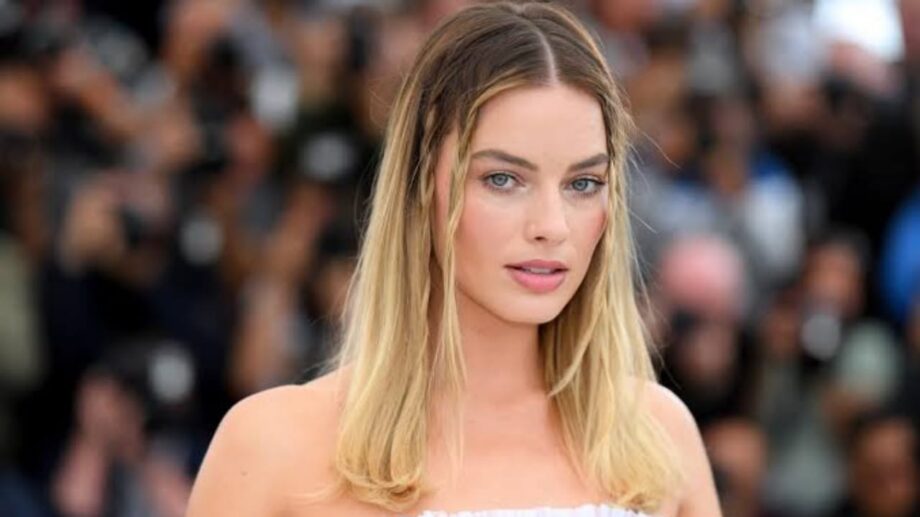The trailer for 2013’s “The Wolf of Wall Street,” a masterwork that marketed Robbie’s role, Naomi LaPaglia, as sheer eye candy, first brought her international notice. That piqued the interest of the internet. However, because of Robbie’s explosive performance, Martin Scorsese’s masterpiece did not lower LaPaglia to a stunning trophy wife. Lapaglia was a fascinating, lively, and well-rounded person with Robbie in the lead. That drew the attention of Hollywood.
In some ways, Robbie’s performance in “The Wolf of Wall Street” is a microcosm of her whole filmography — it’s an ever-evolving effort of transgression that confronts both Hollywood’s selection rules for A-list blonde starlets and the viewer’s preconceptions. As a consequence, it’s chock-full of outlandish, bizarre, and immensely popular features.
“About Time” is a significant entry in Robbie’s filmography because it is one of the few in which she appears in a more traditional role. Charlotte’s role is as stereotypical as Robbie’s has ever been, a role that is nearly totally in service of the male lead and frequently under his scrutiny. It’s not perfect if you’re a follower of Robbie’s more avant-garde work, but the role almost unintentionally displays Robbie at her most genuine. There are no dialects, and the stakes are low. There is just an actress who is completely in control of her character and subtle abilities.
Harley Quinn, played by Margot Robbie, exhibits shades of emotional growth through a terrifying set of meaningless words in this picture. In “The Suicide Squad,” Harley and Costa Marte’s new Leader General, Silvio Luna, have a whirlwind relationship (Juan Diego Batto). And over a span of a few hours, the two flirt and complete their affair; minutes afterward, Harley has shot Silvio in the chest. See, Luna triggers the very same red flags as Harley’s lovely Mr. J, and one of the film’s most moving, yet deadly, scenes is Harley’s emotional revelation after Luna bleeds out on the ground. Robbie, who has been playing Harley for six years, is discovering new layers to the role.
Without Margot Robbie, “I, Tonya” wouldn’t have worked. Even its detractors accept this. That acknowledgment, however, falls well short of what Robbie accomplished as Tonya Harding, from training to ice skate to receiving her first Oscar and Golden Globe nods. This is Robbie’s greatest work as an actor, and everybody involved appears to appreciate it. Every scene in the film encourages and pushes Robbie, just as a good skating companion should. “I, Tonya” establishes Robbie as a once-in-a-generation star who can effortlessly take on any role.

